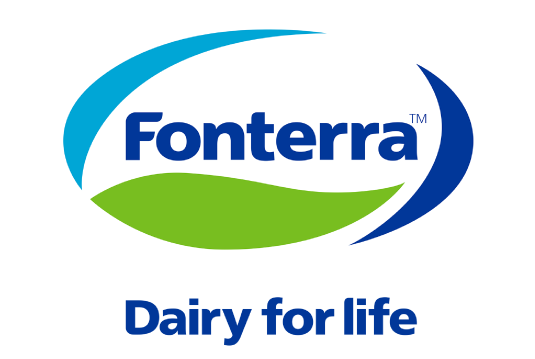More dairy a day helps keep breaks at bay
A study published in the British Medical Journal has shown an increased intake of calcium and protein- rich dairy foods, including milk, yoghurt and cheese, can reduce the risk of falls and fractures in aged care residents.
Senior Research Scientist at Fonterra’s Research and Development Centre in Palmerston North, Dr Caroline Gunn, was on the study’s steering committee and says the results clearly show that dairy can help older adults with their health and wellness.
“The study was the first of its kind in investigating whether increasing the daily intake of dairy is both an effective and safe way to reduce fracture risk in older adults.”
Dr Sandra Iuliano, Principal Investigator and Senior Research Fellow at the University of Melbourne, says: “The results of the study showed a 33 per cent reduction in all bone fractures, a 46 per cent reduction in hip fractures and an 11 per cent reduction in falls.
“Those residents having the extra dairy maintained lean muscle mass in their arms and legs, which could likely have contributed to the reduced falls risk.
“The two-year trial involved 7195 residents in 60 aged care facilities across Australia. Half the aged care facilities provided their residents (average age 86 years) with an additional 1.5 serves of dairy (3.5 serves in total) per day while the other half continued providing the usual 2 serving or less of dairy per day.
“This relatively modest increase in dairy was provided to the participants in a variety of ways that included replacing servings of the sweet cakes/biscuit type foods.”
Low calcium and protein intakes can lead to fragile bones and an increase in the risk of falls and fractures. It is estimated that older adults in aged care account for approximately 30% of all hip fracture cases.
“In terms of public health spending, reducing the number of hip fractures would likely have cost-benefits,” says Dr Iuliano.
Dr Gunn says Fonterra helped to support the research by donating one-million-dollars worth of its products, including cheddar, parmesan cheese, yoghurt, skim milk powder and milk, to provide extra protein and easily absorbed calcium for the residents.
“This study helps to demonstrate the important role dairy could play in improving nutritional outcomes in the older population.
“A glass of milk continues to be one of the richest sources of readily available dietary calcium and protein, which play a significant role in growing and maintaining healthy bones, muscle and immunity through all life stages.
“The increase in protein also showed positive implications for the participant’s lean mass (arms and legs), that may allow them to maintain greater stability and improved control, potentially improving their confidence with mobility.
“Today’s consumers are focused on leading healthier and more active lifestyles - and dairy can help contribute to this.
“By 2030, over 0.7b of the world’s population will be aged 70 and over, reaching 0.9b by 2040. Studies like this latest one provides solutions to some of the challenges faced by the ageing population.
“It is also a real opportunity for our Active Living business. We will continue to leverage our nutrition and science expertise across consumer brands to help people to live more active and healthier lives.
“There is also opportunity for our Foodservice business, which already supplies aged care facilities with much-needed dairy nutrition,” says Dr Gunn.
Fonterra supported the study along with the Centre National Interprofessionnel de l'Economie Laitière, Aarhus University Hospital, University of Melbourne, Austin Hospital Medical Research Foundation, Sir Edward Dunlop Medical Research Foundation, Dairy Australia, California Dairy Research Foundation, National Dairy Council, Dutch Dairy Association, Dairy Council of California, Danish Dairy Research Foundation and Dairy Farmers of Canada.
Read the full study here.
Photos: Hi-res images available here
For further information contact:
Fonterra Communications
24-hour media line
Phone: +64 21 507 072

